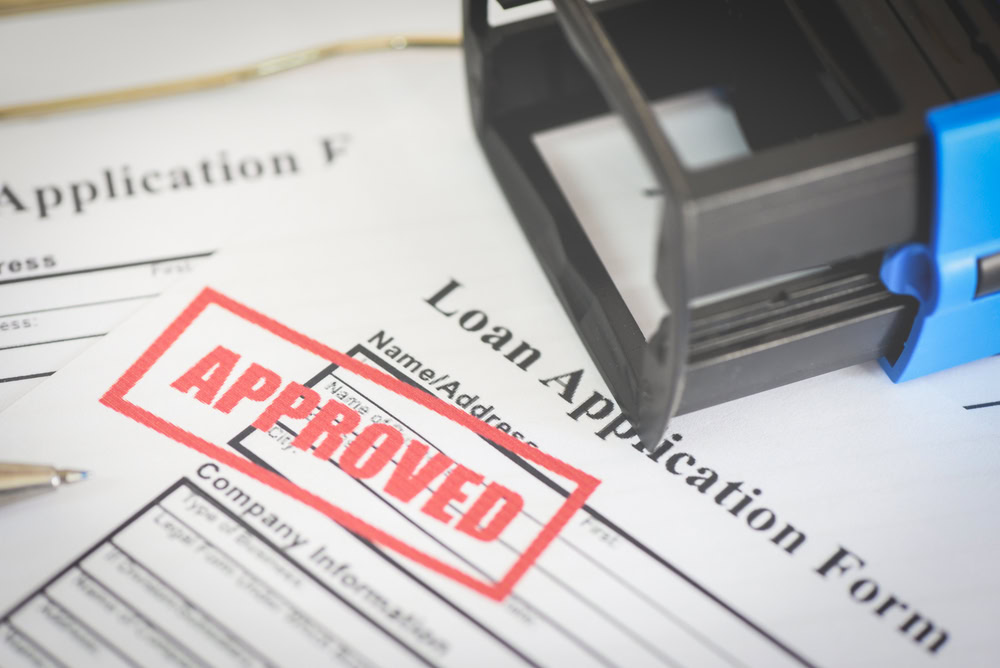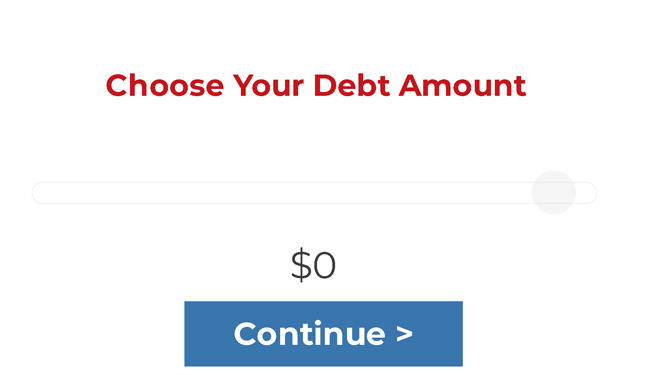Debt can be a major burden for any business, large or small. But it doesn’t have to be! There are options available to help you consolidate business debt and manage it so you can focus on running your business. One such option is business debt consolidation. This process can help simplify your financial life by combining multiple debts into one single loan with one monthly payment. It can also save you money by getting a lower interest rate on the consolidated loan.
If you’re struggling to make ends meet each month and your business debt is mounting, consolidation may be the answer. By taking out one loan to pay off multiple debts, you can lower your interest rate, streamline your monthly payments, and even speed up the repayment process. However, before you consolidate business debt, it’s important to understand the potential drawbacks.
How business debt consolidation works

Debt consolidation for businesses is the process of taking out a new loan to pay off existing loans and debts. This can be done with a small consolidation loan that results in one monthly payment instead of multiple payments. This can simplify debt management for businesses and help them get back on track financially.
For businesses, debt consolidation usually works in the same way as it does for individuals. The goal is to find a loan with a lower interest rate than what you are currently paying. This can help reduce your monthly payments and make it easier to pay off your debt.
If your goal is to consolidate existing debt, make sure that the loan amount will cover the full amount of outstanding debt. For example, if your total debt is $50,000, but the loan only covers $30,000, then it may not be the right option for consolidating your debt.
Refinance or consolidate business debt?
There are a few key differences between consolidating and refinancing your debt.
| Refinancing | Consolidate |
|---|---|
| Debt refinancing is the process of taking out a new loan to replace an existing one. The new loan should ideally have a lower interest rate and better repayment terms than the old one. It’s not necessary to have multiple types of debt in order to refinance; refinancing can be done with just one type of loan. | Debt consolidation is the process of taking out one loan to pay off multiple debts. This can be a helpful way to simplify your finances and reduce your monthly payments. When you receive the loan, you will use the funds to pay off your existing debts. Then, you will make one monthly payment to the new loan. |
There are a few key differences between business consolidation loans and other types of loans, but they can be managed in a similar way. For example, if you have had a business consolidation loan in the past, you may be able to refinance it to take advantage of a lower interest rate.
How to consolidate business debt with a loan

If you’re looking to consolidate business debt with a loan, there are a few things you can do to make the process go more smoothly. First, take a look at your income and credit score. Lenders will usually consider these factors when making a decision about whether or not to give you a loan. Additionally, try to keep your debt-to-income ratio low.
These are some steps you can follow to obtain a commercial debt consolidation loan:
- Check your credit score. If you’re looking to take out a loan, having a high credit score is key. Lenders will typically require borrowers to have a score of 650 or higher. However, some lenders will accept bad-credit borrowers.
- Go through an initial consultation. If you’re hoping to consolidate business debt with a loan, you’ll first need to undergo an interview process with a potential lender. This underwriting team will evaluate whether you’re a good candidate for debt consolidation and make a decision accordingly.
- Submit financial documents. Be prepared to provide lenders with documentation that includes: your company’s sales projections, a few years’ worths of personal and business tax returns, personal financial statements, a comprehensive list of all debt, a list of all equipment, and several years’ worth of profit and loss statements and balance sheets.
- Initial review. After you submit the necessary paperwork, the loan officer will review it. If everything looks good, you’ll receive a prequalification letter that outlines the loan terms.
- Due diligence. After you fill out and submit your loan application, potential lenders will verify your information and check your tax history and any past lawsuits. If everything looks good, you’ll get a commitment letter.
- Final steps. Before a lender can give you a loan, they will need to review some documents related to the loans and titles for any assets you own, as well as 12 months of payment history.
- Close the deal. After you finish these steps, you can sign the last documents for your business debt consolidation loan. This will enable you to have one easy payment each month, instead of multiple payments to different creditors.
Should I consolidate business debt?
Is business debt consolidation worth it? Consolidating your business debt can be a great way to streamline your payments, but there are some risks you should be aware of before you apply. Here’s what you need to know about business debt consolidation.
Pros of debt consolidation
- More manageable payments. Debt consolidation can help simplify your finances by consolidating multiple payments into one. This can help you better keep track of what you owe and when it is due. In addition, consolidating your debt may help you reduce your overall interest payments.
- Improved cash flow. A lower interest rate means more cash available for your business each month. This can free up money for important purchases, payroll, or other business needs. Having a good handle on your finances can make all the difference for the success of your business.
- Possible credit score boost. Making regular, on-time payments is one of the best ways to improve your business credit score. A strong payment history signals to lenders that you’re a responsible borrower, which can make it easier to get approved for loans and credit in the future.
Cons of debt consolidation
- A lower interest rate is not guaranteed. Before taking out a new loan to consolidate your business debt, make sure that the interest rate is lower than what you’re currently paying. Otherwise, you could end up owing more money than you do now. Unless you can get a good deal on a consolidation loan, it might not be worth it.
- Paying more interest over time. If you take out a new loan to replace old loans, your loan terms will start over. If your loan term is longer than the previous one, you may end up paying more.
- Your cash flow issues might not get resolved. Debt consolidation loans may seem like a quick fix for businesses hemorrhaging money, but they are only a short-term solution without a long-term strategic plan. This type of loan will not solve your financial issues in the long run.
Best business debt consolidation options

There are a few choices available to you depending on your situation, should you decide to consolidate business debt. Some may be more viable than others, so it’s important to explore all of your options before making a decision.
Bank loans
Small businesses have a few different options when it comes to consolidating debt. One option is to go through a big financial institution like Chase or Bank of America. However, there are also many credit unions and smaller local banks that may be a better fit for your needs. Each option has its own pros and cons, so it’s important to do your research before making a decision. Whichever route you choose, debt consolidation can be a helpful tool for getting your business back on track.
Know that you’ll likely need a strong credit history to qualify. Different banks have different requirements, though usually, you’ll need to have been in business for a few years and be able to show your company’s income.
Small Business Administration
The federal government offers special loans through the Small Business Administration (SBA) to help smaller companies that are in financial need. These loans are meant to support businesses without a large financial cushion, so they can expand and succeed.
Banks typically want years of established credit from borrowers. However, the Small Business Administration (SBA) provides loans to companies that are just starting out or that aren’t as financially stable. SBA 7(a) loans can be used for debt consolidation. To find a lender that issues SBA loans, visit the SBA’s website.
Alternative lenders
You may be able to get funding from nontraditional sources, like peer-to-peer lending companies. LendingClub (REVIEW) and Funding Circle (REVIEW) are two examples of companies that provide loans to borrowers without an established operating history. These companies may be a good option for you if you need cash but don’t have the necessary documentation to prove your creditworthiness.
The bottom line on how to consolidate business debt
There are a few places where businesses can get debt consolidation loans, each with different benefits. The best option for your company will depend on how established it is and what kind of assistance it needs. Some options for business debt consolidation loans include banks, credit unions, the Small Business Administration (SBA), and alternative lenders.
Before you make a decision to consolidate business debt, weigh the pros and cons carefully. For example, if you can’t qualify for a lower interest rate, it may not be the right choice for you.
There are many factors to consider when deciding whether or not to take out a business debt consolidation loan. Compare rates and terms from multiple lenders to get the best deal and make an informed decision that is right for your business.






